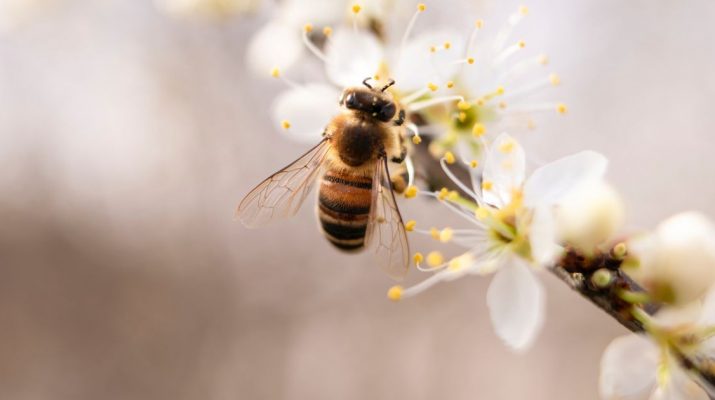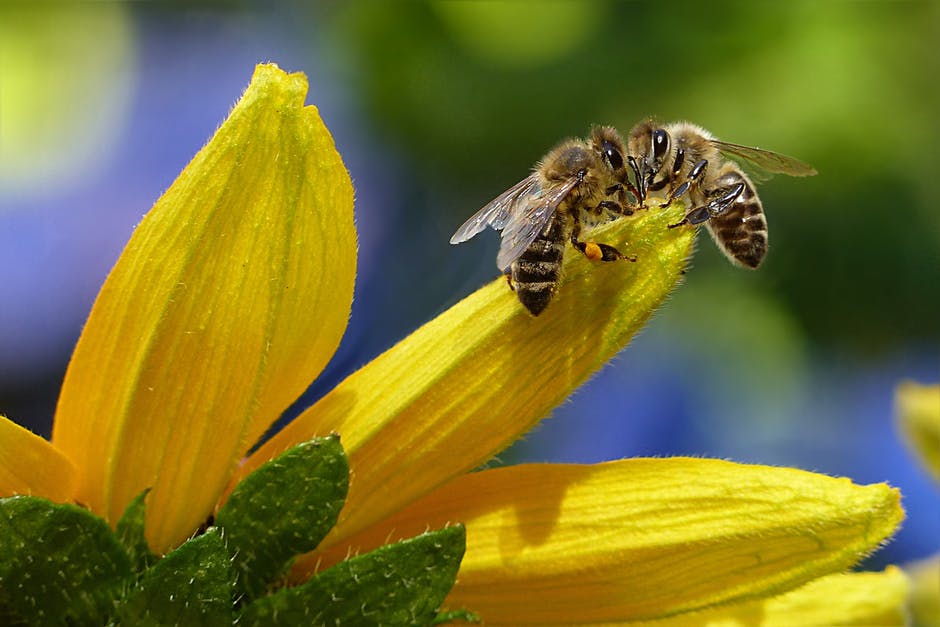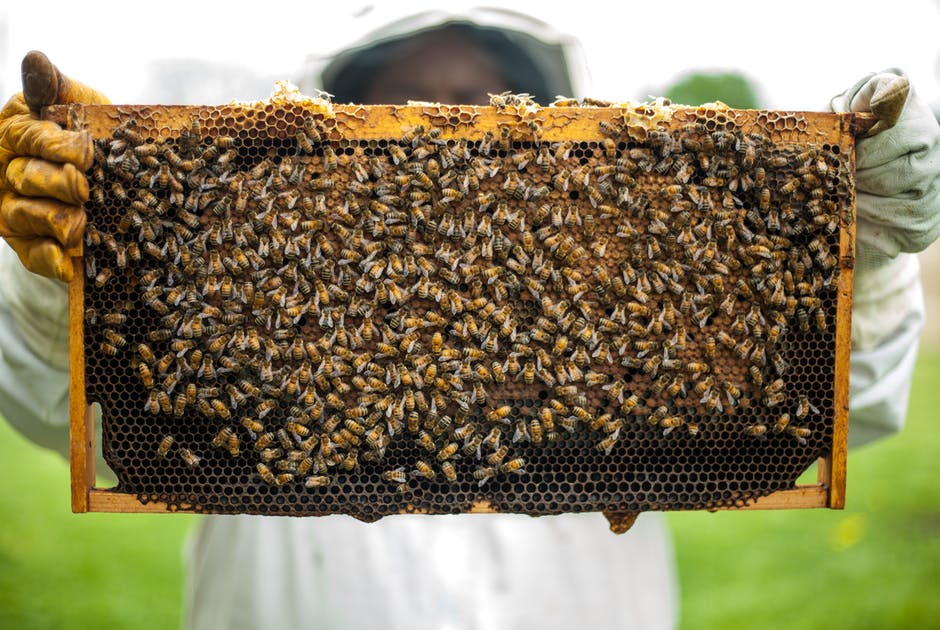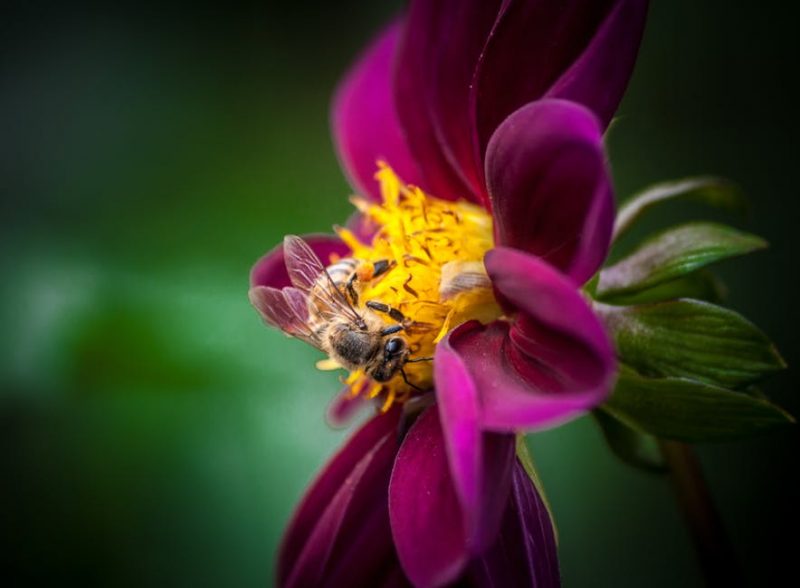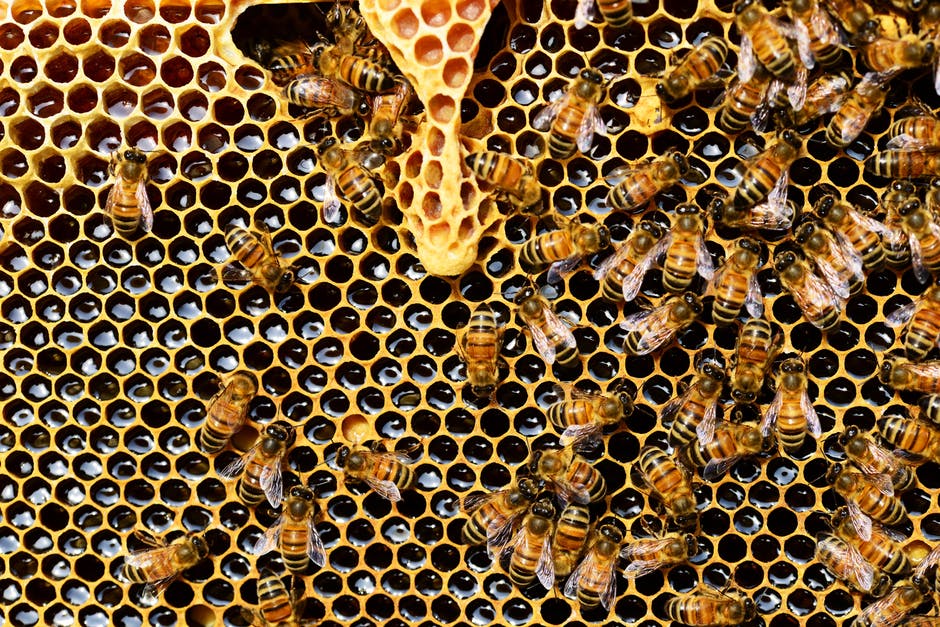Bees are important. That means that we ought to care about the fact that they’re dying! A great deal of the world’s food supply would disappear if bees went extinct.
Plant life–including fruits and vegetables–would die out if the bee population were ever to be wiped out. While it’s good to be aware of the growing issue in bee safety, it’s even better if you take action in protecting them!
1. Buy honey from local beekeepers whenever possible.
Generally speaking, honey production is not harmful to bees. It provides a good source of support to beekeepers. That being said, should you have a concern about the ethics of beekeeping practices, support a small, local beekeeper! They are more likely to treat bees in a gentle, humane way than large companies.
2. If it’s available and within your budget, purchase locally grown organic produce.
Studies have suggested that some of the most commonly used pesticides cause severe harm to bee colonies. They might even kill queen bees! Support your local organic farmers keep up the good work of avoiding pesticide use.
3. Set out a dish of water for the bees to drink – don’t forget to add a cork, stone, or twig for them to land on!
We don’t often think of bees as being thirsty creatures, but they are! They need water to survive. Giving them a dish to drink from easily will help them live longer and healthier–but you want to be sure they can reach it without drowning. Add some twigs, moss, rocks, or some other item to be sure your bees can safely land. In order to deter mosquitoes, change out the water weekly.
4. Avoid adding sugar to that water. Keep it fresh!
If you’ve heard that you should add a teaspoon of water and sugar out for bees, forget it! Leaving sugar water out for bees rather than fresh water can actually be detrimental. Bees do best when drinking only natural nectar sources. Stick to the freshwater, please!
5. Plant as many native flowers in your yard and garden as you can fit.
Generally speaking, native plants are easy to grow since they’re already acclimated to the specific climate. Not only that, but they also tend to be what the native bees gravitate towards to pollinate. Bees are in need of good nutrition, so by offering them a variety of attractions, you’ll provide them an ideal environment!
6. Do not use pesticides on your own home garden!
The bee populations are declining, making it more important than ever to keep things pesticide-free. That includes your private home garden! Bees forage in people’s yards to find some much-needed nutrition. Plants treated with pesticides can be extremely toxic to them. Even low doses of tainted pollen and nectar can build up inside a beehive, leading to some neurological issues or even a colony collapse.
7. Consider building home for bees in your backyard or garden.
Habitat loss is one of the main reasons that the native bee population is declining. You can help correct this by creating some bee-friendly places in your yard! Any space designed to be home to native solitary bees will go a long way in helping the population recover.
8. Familiarize yourself with practices that rely on bees and more ways to save them!
What are you waiting for? Get out there and save some bees!

